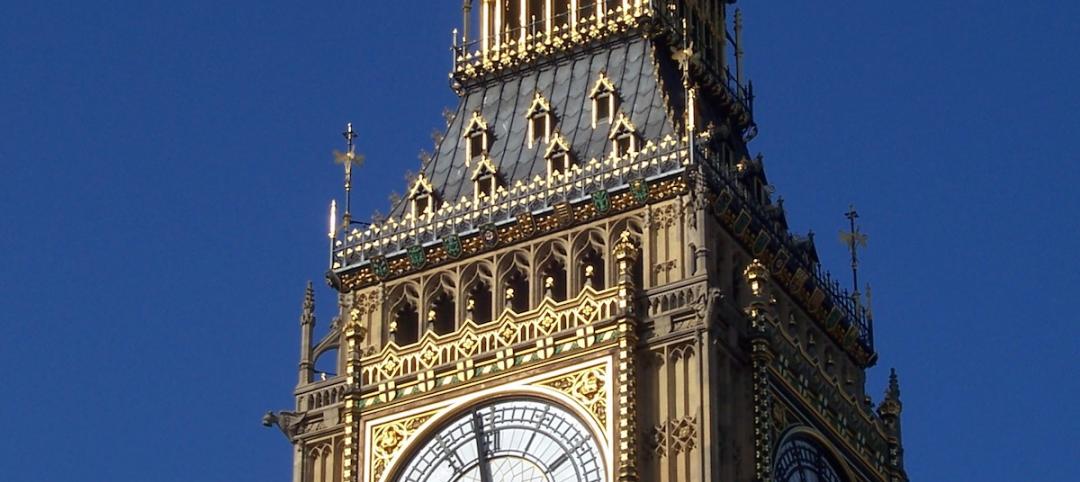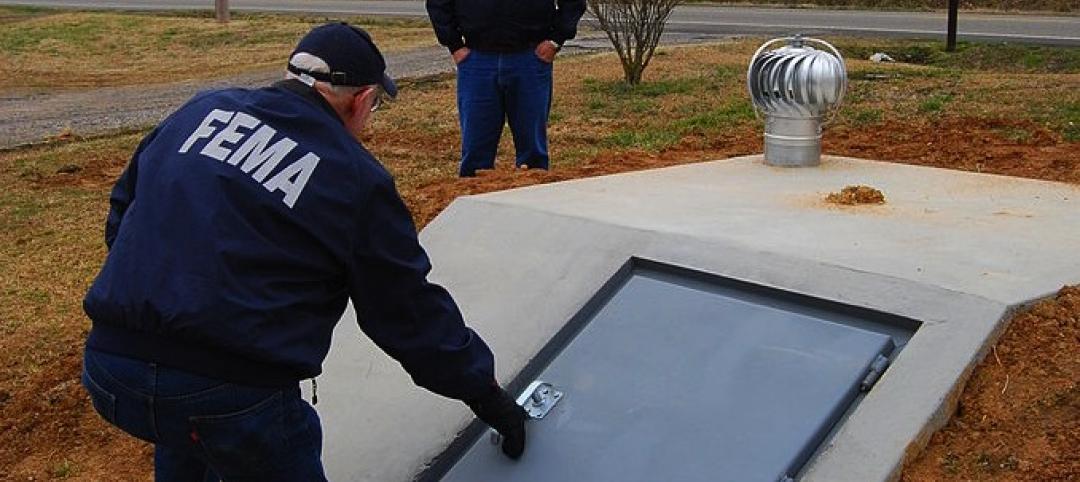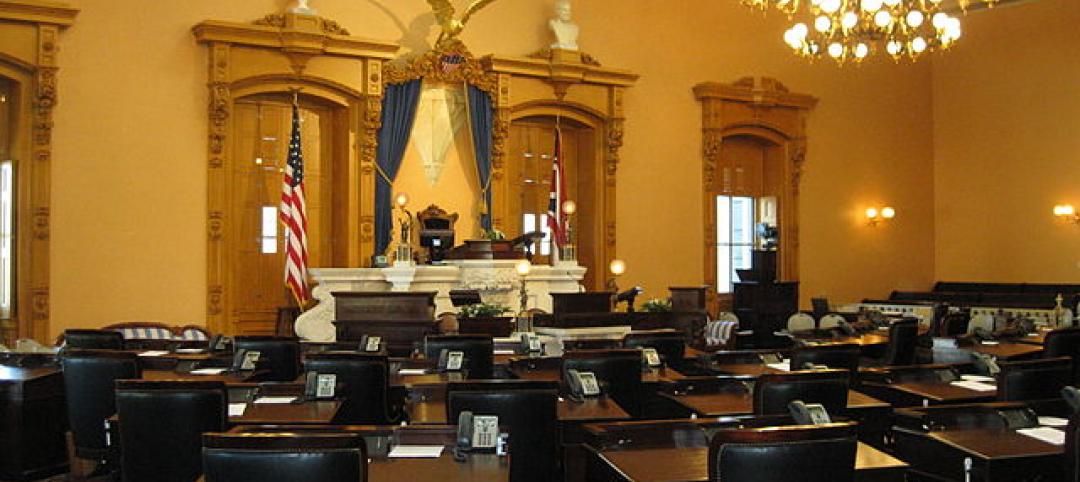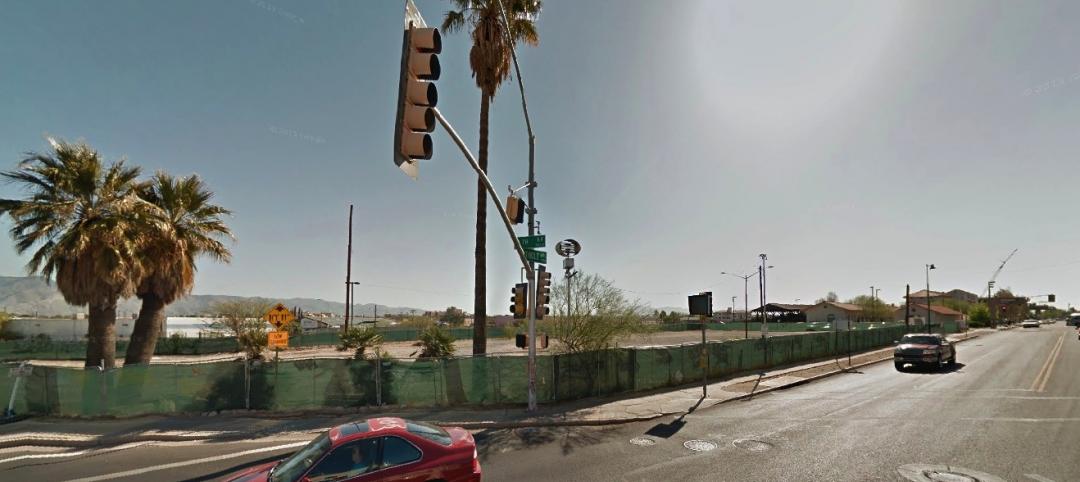The Washington D.C. Council recently passed legislation that will make it more expensive for owners to hold vacant or blighted property.
The Vacant Property Enforcement Act of 2016 reduces the maximum amount of time a vacant property can qualify for an exemption from higher vacancy tax rates. It also closes a loophole that allows continuous renewal of construction permits to qualify for tax exemptions, and require owners of vacant properties to prove they are no longer subject to the higher tax rates.
"The District has a substantial number of vacant properties, many of which are poorly maintained,” the bill report says. "Property owners may keep their properties vacant or fail to maintain them because they expect property values to rise over time. Poorly maintained and vacant properties can damage surrounding communities by being eyesores, by serving a venue for drug use and by providing a home for rodents or other animals. The net effect is to reduce the feeling of a cohesive community and depress surrounding property values."
The legislation reduces the time an owner can claim an exemption from higher taxes because of construction to one year for residential properties and to two years for commercial properties. Fines for failing to comply with city property regulations will rise from $1,000 to $5,000.
Related Stories
| Apr 4, 2014
Cleveland’s sewer authority to pay developers for green solutions to stormwater runoff
The district’s intent to use natural features to absorb stormwater reflects an urban trend that other cities including Philadelphia and Detroit have embraced.
| Mar 30, 2014
Solar panels on Big Ben intended to spur U.K.’s sustainability targets
Solar panels may soon be installed on the face of Big Ben in London as part of the U.K.'s initiatives to reach its greenhouse gas emissions objectives under the Climate Change Act of 2008.
| Mar 26, 2014
EPA clarifies Clean Water Act in revision that was opposed by developers
The Environmental Protection Agency recently unveiled a rule designed to define more clearly which waterways are covered by the Clean Water Act and therefore require U.S. permits for certain activities.
| Mar 26, 2014
Better Buildings Initiative leading to tens of millions of dollars in savings annually, says DOE
Facilities across the nation have been able to shave on average about 2.5% of their annual utility costs through efficiency initiatives spurred by the federal Better Buildings Initiative, according to the Department of Energy’s Maria Vargas.
| Mar 26, 2014
Univ. of Nebraska-Omaha fire could prompt building code changes
A dormitory fire at the University of Nebraska at Omaha that displaced with 42 students (but caused no injuries) could trigger local building code changes.
| Mar 26, 2014
Associated Builders and Contractors wary of federal overtime rules changes
Associated Builders and Contractors (ABC) cautioned that President Obama’s directive to the U.S. Department of Labor to change federal overtime rules could harm its members.
| Mar 19, 2014
Oklahoma City mandates safe rooms in new schools
The move will affect 24 districts that have schools inside Oklahoma City limits.
| Mar 19, 2014
Green building standards can help building become more storm-resistant
Structures built to green standards have added resilience to destructive storms because green buildings are often constructed with stronger, more sustainable materials than traditional buildings.
| Mar 19, 2014
Ohio Senate passes rule to require state agencies use ANSI standards rather than LEED
The resolution specifically mentions LEED v4, and calls for the U.S. Green Building Council to conform to ANSI.
| Mar 19, 2014
Tucson ignores ADA, building code on city-owned property
The city has been operating a downtown dirt parking lot in violation of its own code and the federal law for years.












